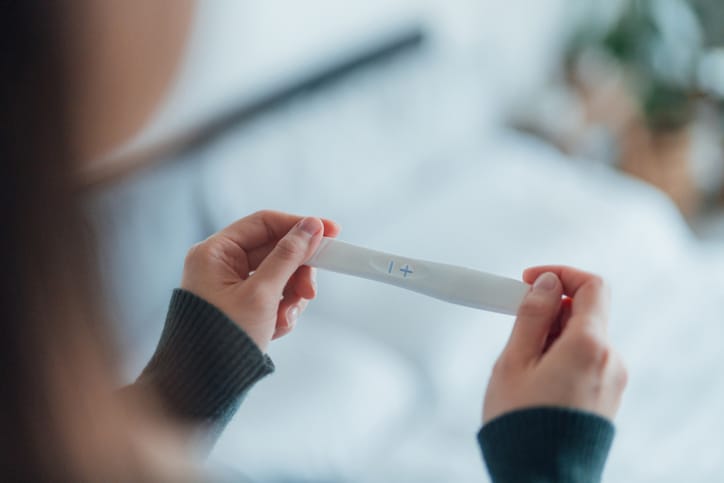Endometrial cancer (EC) is most common in women over 50 years old. However, in rare cases, it may also occur in younger women, and the treatment required may affect their current or future fertility.
The cells in the uterine lining grow abnormally It most commonly occurs in women post-menopause, but 7% of women diagnosed with endometrial cancer are below the age of 45. Treatment of endometrial cancer includes surgery and radiotherapy, and in some cases, chemotherapy or targeted therapies, which all affect fertility. While this most often leads to an inability to have children, in younger women, steps can be taken to preserve fertility.
However, there are strict criteria to be eligible for fertility-sparing treatment, and a thorough evaluation by a specialist is required.
What is endometrial cancer?
Endometrial cancer is the most common type of womb cancer and is also referred to as uterine cancer. It is a gynecological cancer that starts in the lining of the uterus (or endometrium). Early symptoms of endometrial cancer include unexplained vaginal bleeding, such as post-menopause or heavy bleeding between periods, an abnormal pinkish vaginal discharge. Other symptoms may include abdominal pain, bloating, a cough and changes in the bowel or bladder.
How does EC affect fertility?
When someone becomes pregnant, the lining of the uterus is where the egg is implanted. In patients with EC, the uterine lining is often damaged and embryo implantation cannot take place, preventing pregnancy.
Treatment of endometrial cancer can also lead to loss of fertility. Standard treatment is surgery is required to remove the uterus (hysterectomy) and the removal of the ovaries may also be recommended. This effectively removes the cancer but also makes it impossible to conceive.
If the cancer is advanced or has spread to the cervix or lymph nodes, radiation and chemotherapy will be required post-surgery.
Learn more about EC therapies
What are fertility-sparing options?
In younger women who have not yet started a family or been through menopause, the thought of losing their fertility may be overwhelming. If a patient wishes to explore fertility-sparing options, they will be referred to a specialist center. The possibility of preserving fertility in a woman diagnosed with endometrial cancer depends on the stage and grade of the cancer, how big it is and whether it has spread.
It can be challenging to preserve fertility in EC, but if the cancer is in an early stage, there are certain options available, including choosing to take a hormone treatment for six months to shrink the tumor instead of receiving standard surgical treatment. For this to be an option, women with endometrial cancer will need to have their reproductive potential evaluated according to criteria for fertility-sparing treatments, including being below 40, not overweight, in an early stage of cancer and have no other existing health conditions that may also affect fertility.
